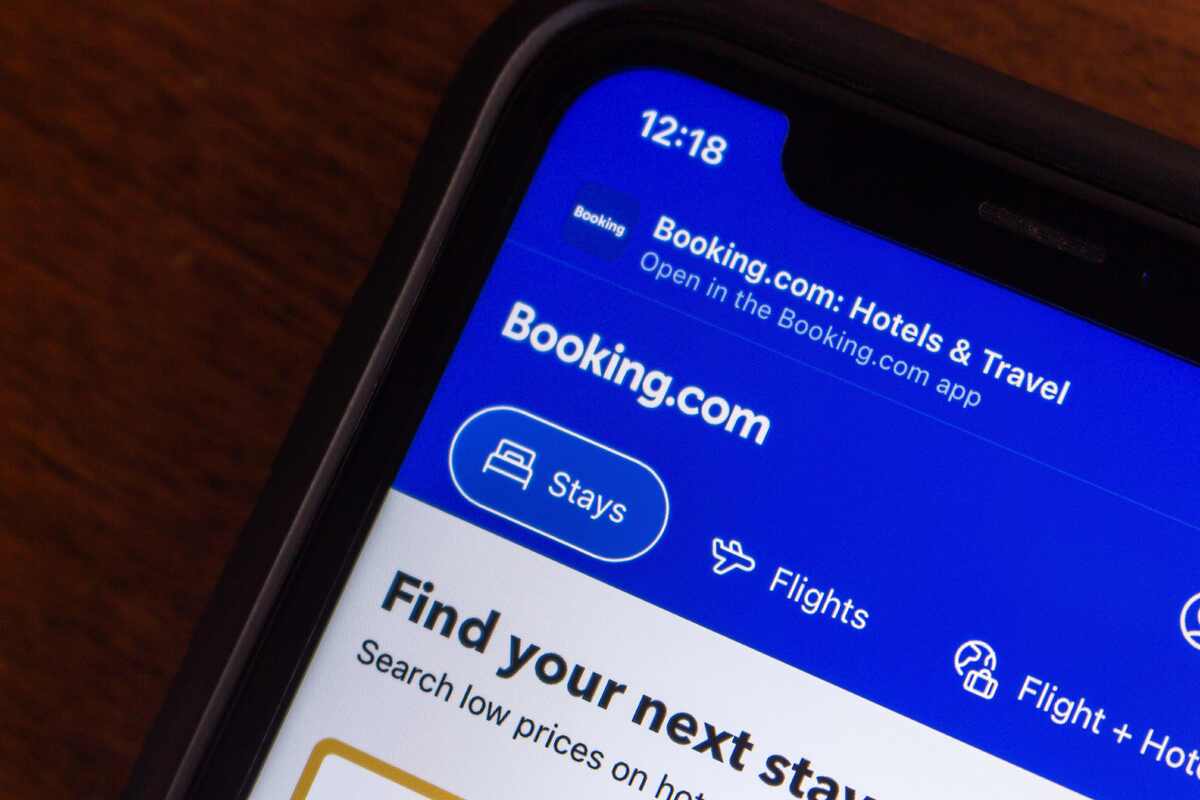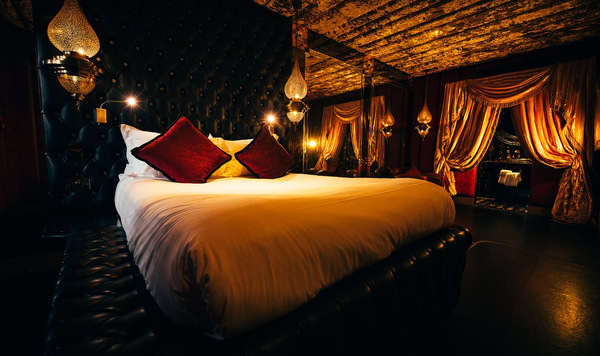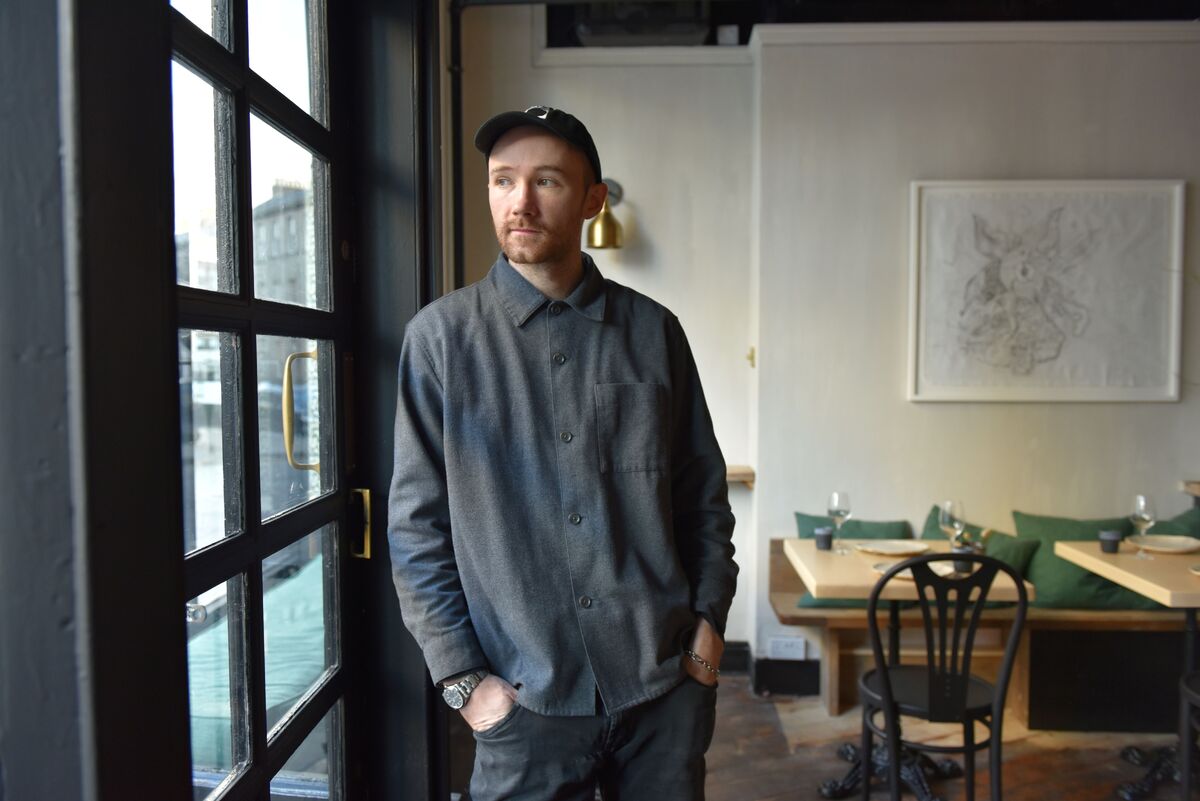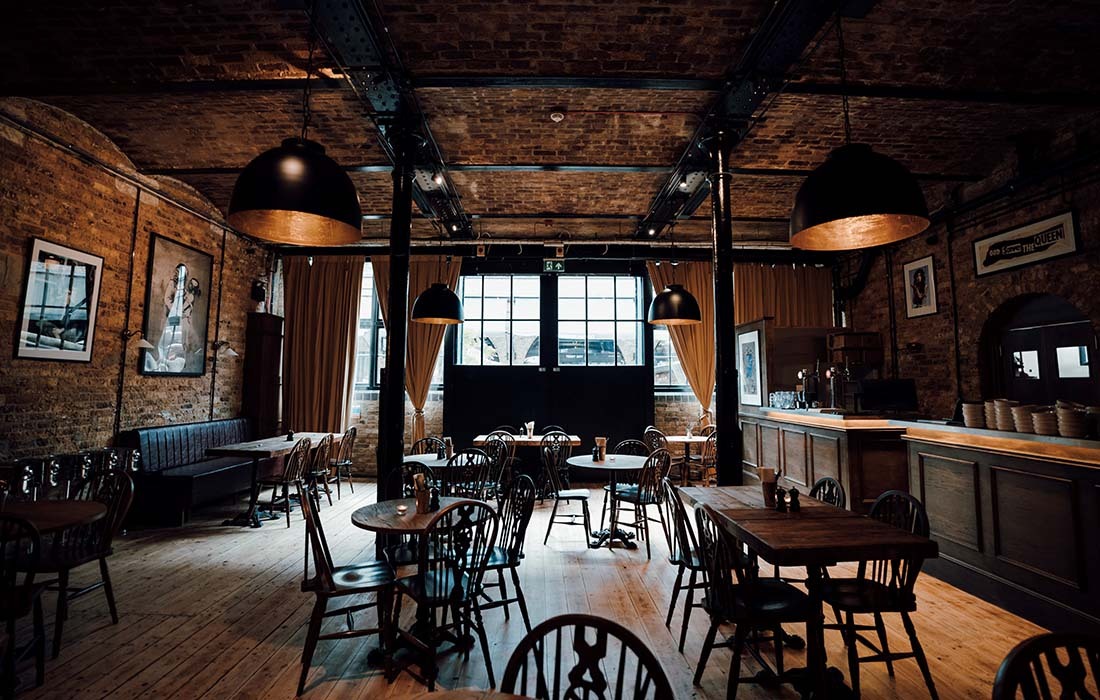What's next for hoteliers after the highest revpar this century?
The many challenges facing hospitality have been widely reported, but on the back of what is undoubtedly a troubled, if not rather bleak backdrop, hotels have recorded their best revenue performance this century.
In 2022 revenue per available room (revpar) hit its highest level in 27 years, according to CoStar Group. Data provided by HotStats shows that the UK’s average room rate increased by almost 30% in the 12 months to November 2022, reaching £139.38.
In the same period revpar increased by 127%, although Covid-19 restrictions did disrupt the earlier period.
Andrew Stembridge, executive director of Iconic Luxury Hotels, said the group’s regional properties saw rate growth of just over 40% between 2019 and 2022, which is holding up into 2023.
“We’re only early in the year and our occupancies are a little bit softer than we budgeted, but our rates are actually much stronger,” he said. “That’s having a knock-on effect on food and beverage because occupancy is down a bit, but actually our average spends are holding up quite well in the restaurants. The overall blend of holding on to a higher rate is helping profitability and it’s taking the pressure off staffing.”
For Teresa Kingston, commercial director at Rockliffe Hall in Darlington on the County Durham and North Yorkshire border, maintaining rates, even at the expense of occupancy, is the right strategy in the current climate: “From July to December we’ve seen an increase in average rate and revpar However, our year-to-date occupancy is back by nearing on 3%, which we’re absolutely fine with because our strategy was to take rate over occupancy. Some of that comes down to the costs hoteliers are seeing this year – it’s a perfect storm for profit and loss – but we have had a successful six months, which I think is down to how we’ve managed those costs and by putting a robust rate strategy in place.”
Mike Warren, managing director of Harbour Hotels, said the growth in revpar had been underpinned by an increase in average daily rate (ADR), which could be hard to drive up further into 2023. He explained: “It was driven by ADR growth, and a lot of operations, us included, have got used to having this high ADR.
“As market conditions have adjusted, and with inflationary pressures and the wider socio-economic factors, success for us this year will be in growing occupancy in quieter periods, not in trying to achieve even higher rates.”
Warren is confident that there’s room for occupancy growth in part because reports suggest that business and corporate travel is finally returning in a serious way, while domestic tourism continues to hold its appeal, albeit not at the levels seen in 2020 and 2021.
Stembridge agreed: “Leisure is still holding strong although we’ve gone back to a more familiar pre-pandemic bookings pattern in terms of seasonality and peaks and flows in a normal week. However, I think there’s still pent-up demand in the market.
“People are also used to paying higher rates than they were, and they’ve got into the habit of booking direct. It’s still a hassle for people to go abroad. The airports are still a nightmare and, actually, it's really expensive, so that’s helping sustain the staycation phenomenon a little bit longer than we probably expected. Plus, obviously, we’ve got the international interest due to the weak pound, which is especially attractive for the US market.”
Kingston is also optimistic, saying that the domestic tourism boom seen during Covid-19 has created repeat business, albeit with customers generally booking shorter stays than when international travel was restricted.
She said: “When we did our budget process for this year we had anticipated going back on rates, but because we’ve built a really great reputation and have that robust rate strategy, we have been able to increase the average rate and also increase revpar.”
Customer concerns
At Flat Cap Hotels, which has three venues in Cheshire, January’s room rate was 35% higher than in 2022, with occupancy also having increased.
Revenue manager Charli Maggs said it was great news, but that the group was being cautious and recognising the financial pressures faced by customers: “There’s been a growth in corporate and people seem to have bigger budgets than we’ve seen before so that’s helped mid-week, and at weekends we’ve had a lot of weddings and strong demand for events in the area.
“But when the corporate renewals were up, rather than going full steam ahead we spoke to everyone to see what that allowance was. It’s a fine line and we were able to increase every corporate agreement, which is what we wanted, but it’s something to keep a close eye on because while we have to increase rates with costs going up, we don’t want to end up with no clients.”
Hoteliers are reporting that guests are more concerned with value than simply finding the lowest price for their stay, which may be contributing to the success in holding rates for longer.
Stembridge said: “I think people seem very happy to pay for something that is good value and exceptional quality. Anyone who cannot deliver that will be suffering.
“In the pandemic everyone was getting a slice of the action. Now demand has actually returned to its pre-pandemic levels, it’s a much more competitive market.”
Warren agreed that value is going to be key to continue enticing customers facing a myriad of financial pressures of their own and warned that hoteliers cannot afford to take their eye off the ball.
He said: “Hoteliers have to be very nimble and constantly look at forecasts as well as what’s going on in current affairs, in the wider world and what travel journalists and lifestyle journalists are writing about.
“You cannot rest on your laurels. I have instilled in our management team that the greatest risk is complacency. We cannot think what we’re doing is really good, so we’re all set for the rest of this year. We take the view that we need to sweat the asset. If the forecast is telling us that hotel occupancies may be down, let’s say in April for whatever reason, then we might choose to create packages to combat that. If we have a spa on that property, we may be giving away a spa experience at a very competitive price within a package and if the spa wouldn’t have been fully utilised, why not do that?
“We’re constantly manoeuvring, and I think that’s the environment we’re trading in. Its competitive and fast-paced and any hotelier who thinks well, those are my spring rates and those are my summer rates is taking a risk.”















